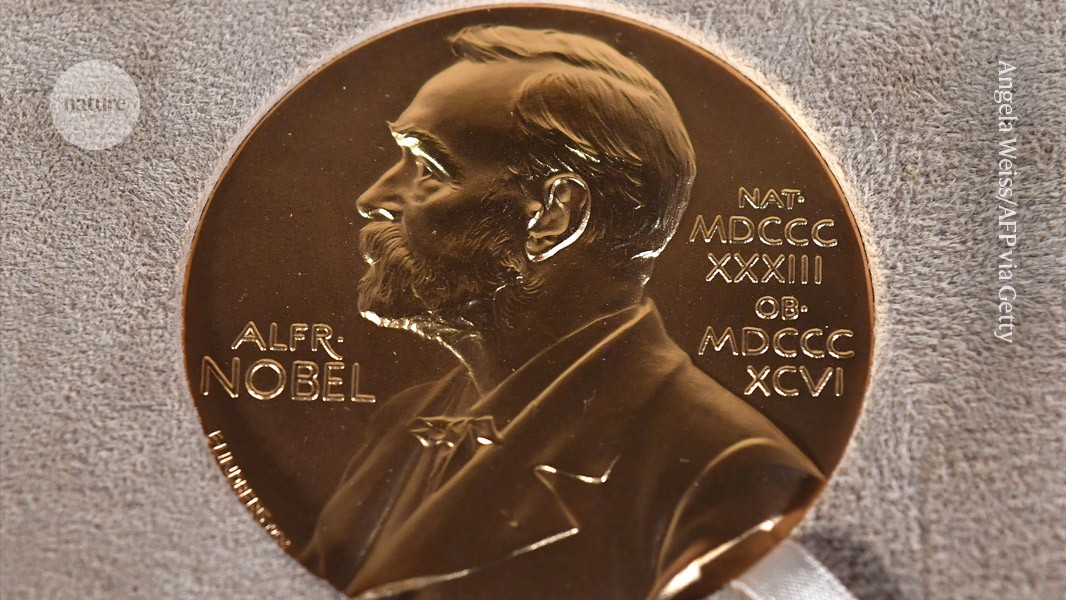**The AI Protein-Folding Revolution**
For the first time in history, a Nobel Prize has been awarded to scientists who have harnessed the power of artificial intelligence to revolutionize protein structure prediction. The 2024 Chemistry Nobel was granted to John Jumper and Demis Hassabis at Google DeepMind in London, UK, for their groundbreaking AI tool AlphaFold, and to David Baker at the University of Washington in Seattle for his innovative work in computational protein design. These advancements have paved the way for unprecedented breakthroughs in the field of molecular biology.
**Breakthrough Impact of AlphaFold**
AlphaFold, unveiled just a few years ago, has completely transformed the landscape of protein structure prediction. The tool has made accurate protein structures accessible in a way that was once considered impossible. This has opened up new possibilities for researchers and has ushered in a new era in the study of proteins. The prize announcement emphasized the immense impact of AlphaFold on the scientific community, signaling a significant shift in the way protein structures are understood and studied.
**The Unveiling of AlphaFold2**
In 2018, DeepMind introduced AlphaFold, but it was the 2020 iteration, AlphaFold2, that truly revolutionized protein structure prediction. The accuracy of AlphaFold2’s predictions at the Critical Assessment of Protein Structure Prediction (CASP) competition was so remarkable that it was deemed a game-changer. The tool incorporates vast amounts of data from experimentally-solved structures and related proteins to predict accurate protein structures with unprecedented accuracy.
**Future Innovations with AlphaFold**
DeepMind’s decision to make AlphaFold2’s code freely available in 2021 has sparked further advancements in the field. The creation of the AlphaFold database, containing millions of protein structures, has enabled researchers to explore new frontiers in protein science. The recent release of a third version of AlphaFold, capable of modeling interactions with proteins, has further solidified its position as a transformative tool in molecular biology.
**David Baker and Rosetta**
Before AlphaFold, David Baker and his team developed Rosetta, a software tool for modeling protein structures using physical principles. Their early success in designing novel proteins laid the foundation for future advancements in protein structure prediction. Baker’s collaboration with DeepMind to enhance Rosetta’s capabilities has led to significant breakthroughs in protein design, opening up new possibilities for creating proteins with unique functions.
**The Acceleration of Scientific Discovery**
The integration of artificial intelligence tools like AlphaFold and Rosetta have accelerated scientific discovery in the field of molecular biology. While these tools are not a replacement for traditional experimental studies, they have empowered researchers to explore new frontiers and ask more complex questions. The potential for AI-driven advancements in medicine and drug development is vast, signaling a new era of innovation in the life sciences.
**Conclusion**
The recognition of John Jumper, Demis Hassabis, and David Baker with the Nobel Prize in Chemistry signifies a major leap forward in the field of molecular biology. Their pioneering work in artificial intelligence and protein structure prediction has laid the groundwork for future innovations and advancements in scientific research. As we look to the future, the integration of AI into molecular biology promises to revolutionize our understanding of proteins and unlock new possibilities for scientific discovery.
IntelliPrompt curated this article: Read the full story at the original source by clicking here




